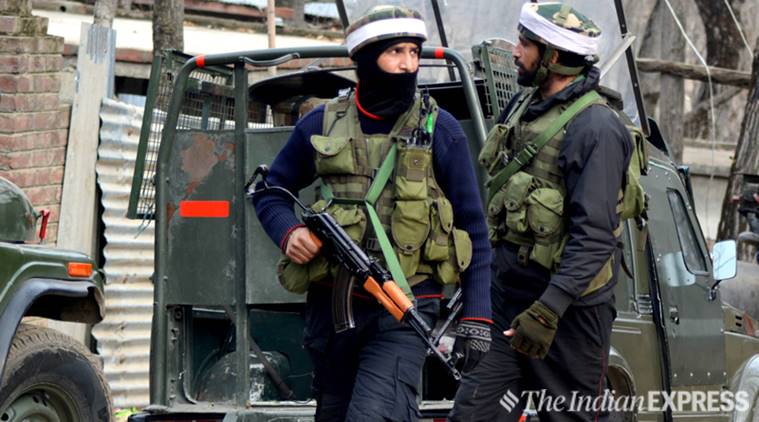Written by Bashaarat Masood |Srinagar |Updated: March 3, 2019 12:59:31 pm
Explained: Why ban on Jamaat-e-Islami has come as a surprise to many
While Jamaat-e-Islami (JeI) has been part of the Valley’s electoral politics for many decades, its main objectives were religious and social.

In November 1997, seven years after Jammu and Kashmir’s largest indigenous militant outfit Hizbul Mujahideen called itself the military wing of Jamaat-e-Islami (JeI), Ghulam Mohammad Bhat took a bold decision. As the Ameer (chief) of the organisation, he publicly distanced JeI from militancy. Bhat then re-directed the outfit’s focus to social and religious outreach in the Valley, leading to a vertical split in the organisation. Syed Ali Shah Geelani, the then political chief of JeI, along with many leaders, parted ways to found Tehreek-e-Hurriyat.
Fifteen years after Bhat brought moderation in JeI, the ban on the outfit has come as a surprise to many, including mainstream political parties in the Valley.
Jamat-e-Islami (JeI) Jammu and Kashmir was founded in 1942. The organisation, which believes in political Islam as espoused by its founder Syed Abu Ala Maududi, has a strong cadre base across the state. It is separate from Jamat-e-Islami Hind and is more inclined towards Jamat-e-Islami Pakistan in its political orientation.
While the organisation has been part of the Valley’s electoral politics for many decades, its main objectives were religious and social.
However, despite participating in electoral politics, JeI maintained that Jammu and Kashmir was a disputed territory and sought its resolution through right to self-determination.





































No hay comentarios:
Publicar un comentario